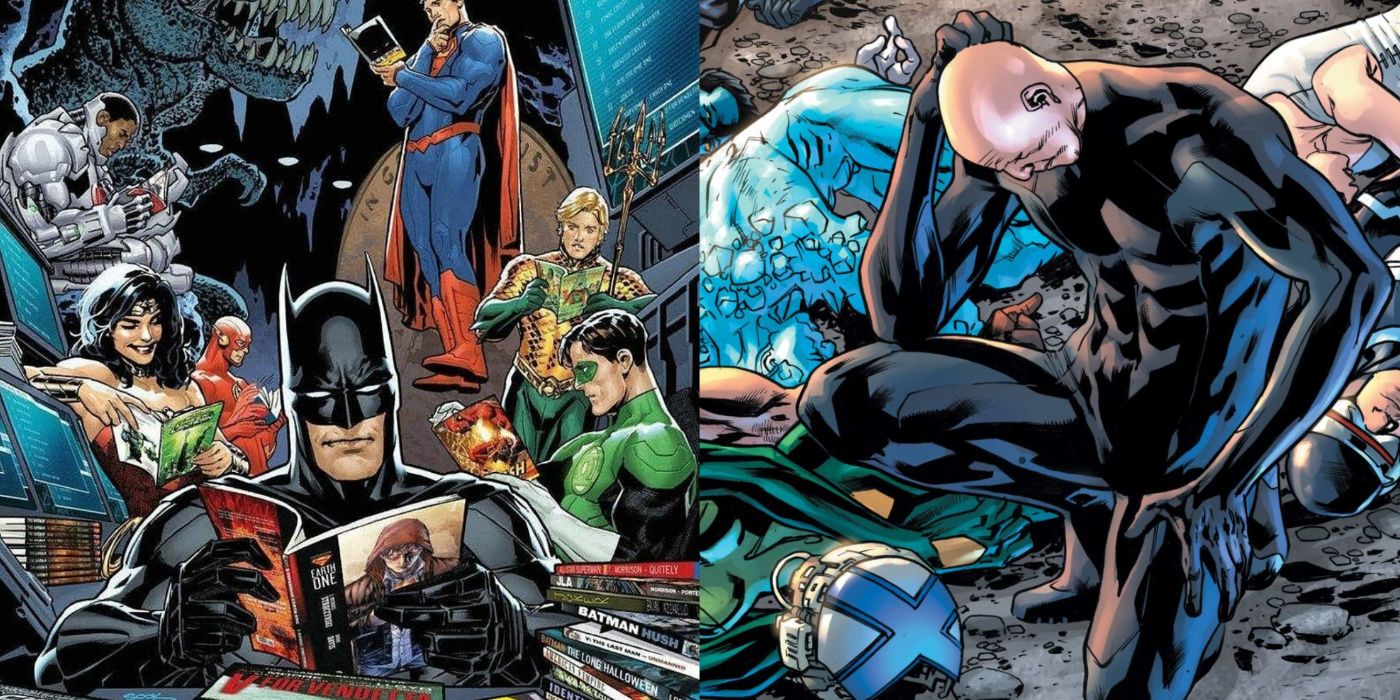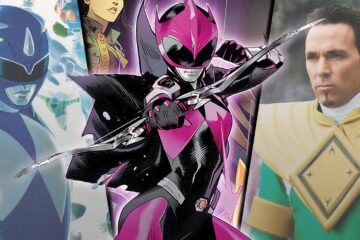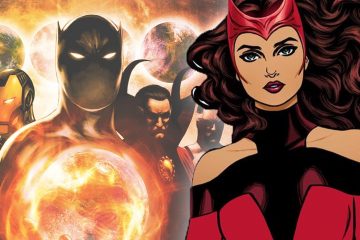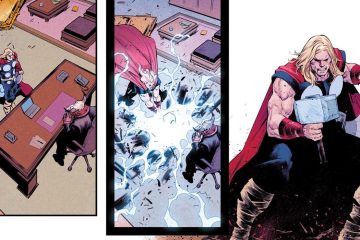Comics are big business nowadays. From manga to superheroes, comics are a staple of pop culture for millions, even before getting into things like Marvel movies. People love the various characters and creators of comics, and they celebrate their fandom on social media. Services like Twitter and Instagram have become an essential part of the comic industry, allowing fans and creators to associate with each other, and creating a place where new fans can learn about comics.Twitter, or X as it’s now called, has become the most important advertising tool for the comic industry. Companies like DC Comics and Image use the site to get the news about new books out. A whole ecosystem of fan accounts and podcasts has sprung up around Twitter, where indie creators peddle their wares, and fans and creators interact like never before. However, Comics Twitter is often a cesspool of toxicity and bad takes. In fact, the very nature of Comic Twitter has often been its downfall, and the fans Comic Twitter created have run into some huge problems.There are several important layers to Comic Twitter, and understanding its structure is integral to seeing where the fandom has gone wrong. At the top of the hierarchy are the official accounts of various companies. They release information on new books, from press releases to lists of books coming out for a week. They’ll hype up current story arcs, link to comic news sites and reviews, and things of that nature. On the next tier are the comic news sites and magazines that talk about the industry. They basically do the same thing as the company accounts but they endeavor to cover big and small comics companies. Then, there are the creators who will do everything they can to get the work out there, while also responding to readers and fans. After the creators come the influencers, the various YouTubers, podcasters, TikTokkers, and writers who talk about stories, characters, and the industry. Finally, there are the fans, the people commenting on and reading everything, interacting and arguing.RELATED: Marvel and DC’s Villains are Better Evil Than SympatheticRELATED: Who is Marvel’s Superman Equivalent?
Comics are big business nowadays. From manga to superheroes, comics are a staple of pop culture for millions, even before getting into things like Marvel movies. People love the various characters and creators of comics, and they celebrate their fandom on social media. Services like Twitter and Instagram have become an essential part of the comic industry, allowing fans and creators to associate with each other, and creating a place where new fans can learn about comics.
Twitter, or X as it’s now called, has become the most important advertising tool for the comic industry. Companies like DC Comics and Image use the site to get the news about new books out. A whole ecosystem of fan accounts and podcasts has sprung up around Twitter, where indie creators peddle their wares, and fans and creators interact like never before. However, Comics Twitter is often a cesspool of toxicity and bad takes. In fact, the very nature of Comic Twitter has often been its downfall, and the fans Comic Twitter created have run into some huge problems.
There are several important layers to Comic Twitter, and understanding its structure is integral to seeing where the fandom has gone wrong. At the top of the hierarchy are the official accounts of various companies. They release information on new books, from press releases to lists of books coming out for a week. They’ll hype up current story arcs, link to comic news sites and reviews, and things of that nature. On the next tier are the comic news sites and magazines that talk about the industry. They basically do the same thing as the company accounts but they endeavor to cover big and small comics companies. Then, there are the creators who will do everything they can to get the work out there, while also responding to readers and fans. After the creators come the influencers, the various YouTubers, podcasters, TikTokkers, and writers who talk about stories, characters, and the industry. Finally, there are the fans, the people commenting on and reading everything, interacting and arguing.
#Comics #Twitter #Created #Fandom #Doesnt #Understand #Comics
Note:- (Not all news on the site expresses the point of view of the site, but we transmit this news automatically and translate it through programmatic technology on the site and not from a human editor. The content is auto-generated from a syndicated feed.))



